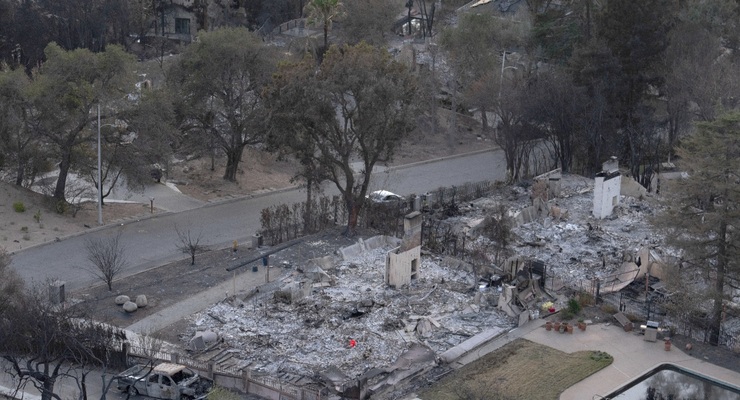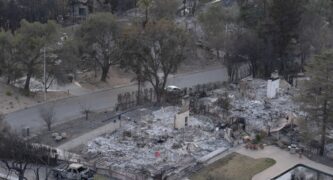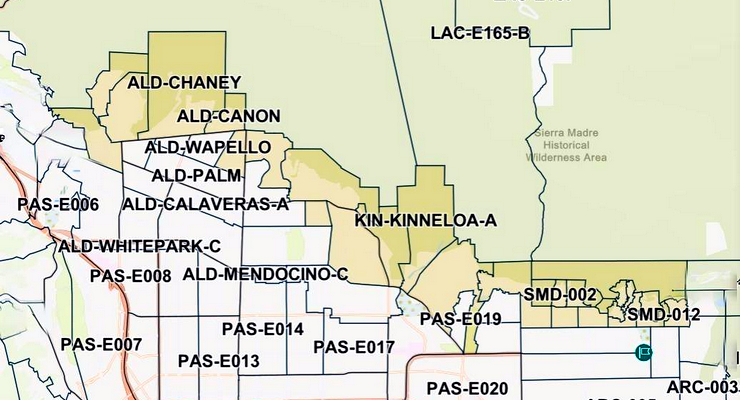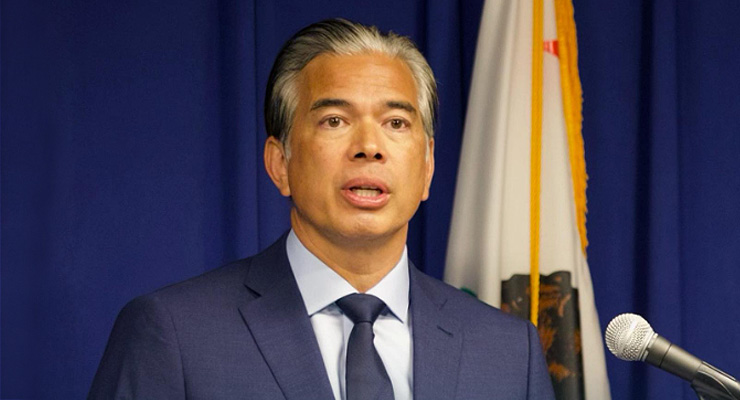
According to a study from UCLA’s Ralph J. Bunche Center for African American Studies, 61 percent of Black households were located within the fire perimeter, compared to 50 percent of non-Black households. Nearly 48 percent of Black homes were severely damaged or destroyed, and at least 2,800 families were forced to evacuate within 24 hours of the fire’s January 7 outbreak.
The same study, led by Lorrie Frasure, revealed stark disparities in financial resilience: 45 percent of Black homeowners in Altadena are cost-burdened, while 28 percent spend more than half their income on housing—both significantly higher than non-Black homeowners.
Additionally, 57 percent of Black homeowners are older than 65, and 81 percent have mortgages, underscoring heightened vulnerability to foreclosure and financial exploitation.
A foreclosure moratorium for FHA-insured mortgages, enacted by the U.S. Department of Housing and Urban Development and detailed in Mortgagee Letter 2025-07, expired on July 7 despite pleas for further relief.
Capital B News reported that roughly three dozen damaged properties have entered pre-foreclosure listings—more than half owned by Black families, though they make up less than 20 percent of Altadena’s population.
A report from Strategic Actions for a Just Economy found that nearly 50 percent of 94 property sales between February and April went to corporate buyers, compared to just five sales the year before. Dwell Magazine reported that six companies now hold 42 percent of those purchases, with Black Lion Properties LLC—operated by Powerball winner Edwin Castro—spending nearly $9 million to acquire at least a dozen lots.



















